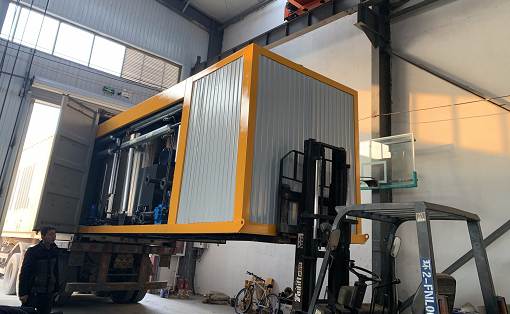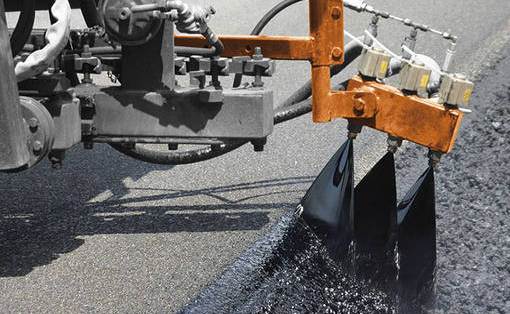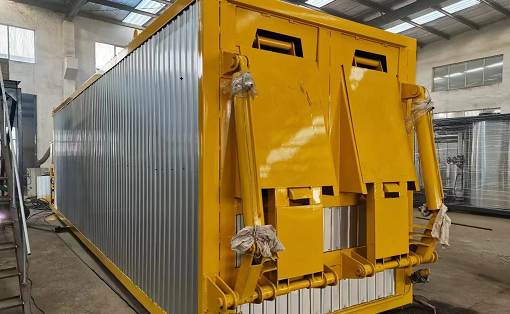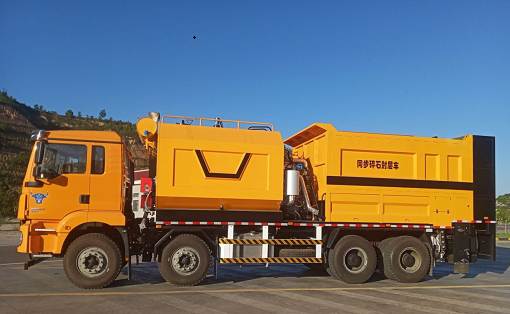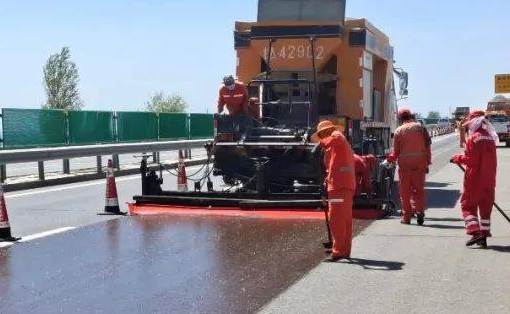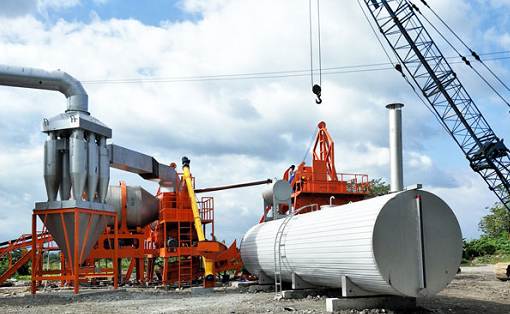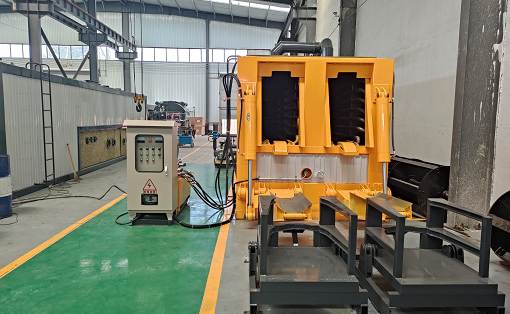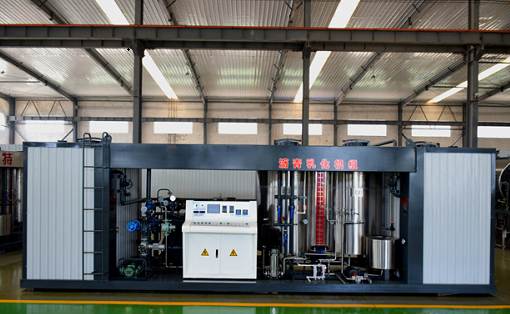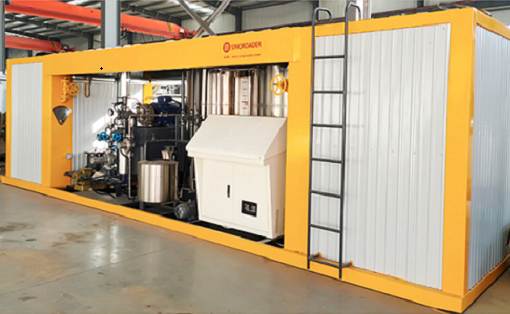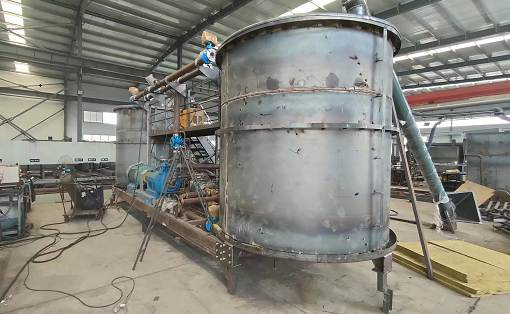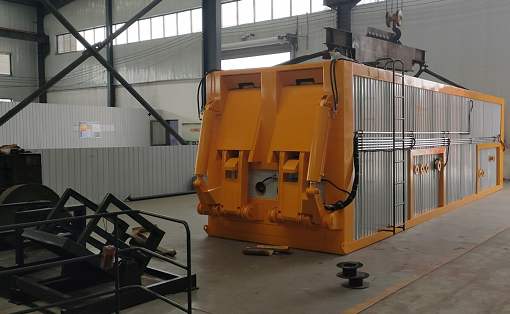Basic principles and production processes of emulsified asphalt production equipment
This set of emulsified asphalt production equipment includes water treatment, water storage tanks, water active metering and temperature control systems, asphalt storage tanks, asphalt external temperature systems, hot water pump soap batching systems, soap temporary storage tanks, soap transfer pumps, soap liquid It consists of external temperature system and metering system, filter, hot asphalt transfer pump and metering system, three-stage pipeline emulsifier, emulsified asphalt cooling system and recovery equipment, product tank and electrical automatic control system.
The entire process is modularly designed, and users can freely combine and select according to their needs. The equipment of each part is used as follows: Water treatment system: Mechanical filtration of ordinary tap water absorbs resin exchange reactions, turning high-hardness tap water into pure soft water and reducing water tension. , enhance the emulsification effect of asphalt or modified asphalt.
This set of emulsified asphalt production equipment includes water treatment, water storage tanks, water active metering and temperature control systems, asphalt storage tanks, asphalt external temperature systems, hot water pump soap batching systems, soap temporary storage tanks, soap transfer pumps, soap liquid It consists of external temperature system and metering system, filter, hot asphalt transfer pump and metering system, three-stage pipeline emulsifier, emulsified asphalt cooling system and recovery equipment, product tank and electrical automatic control system.
The entire process is modularly designed, and users can freely combine and select according to their needs. The equipment of each part is used as follows: Water treatment system: Mechanical filtration of ordinary tap water absorbs resin exchange reactions, turning high-hardness tap water into pure soft water and reducing water tension. , enhance the emulsification effect of asphalt or modified asphalt.
Water storage tank: It can store the water required for one batch of soap liquid. The liquid level is automatically controlled, so there is no worry about running out of water. 3. Automatic water metering and temperature control system: Thermal oil is used to heat the water through the equipment, and the temperature of the outlet water is measured and adjusted. The speed of the water pump controls the flow of water so that the water temperature reaches the process requirements. By measuring the flow of water, the controller compares it with the set value. When the set value is reached, the water supply is stopped to achieve the purpose of quantitative water supply.
Soap liquid temporary storage tank: The distributed soap liquid is temporarily stored and kept warm here, and used in conjunction with the soap liquid batching tank to ensure continuous production. Soap liquid delivery pump and metering system: The soap liquid is supplied to the pipeline emulsifier according to the set flow rate, which can ensure the stability and production planning of the emulsified asphalt. Filter: It can filter out coarse impurities in hot asphalt and soap solution to avoid damaging the asphalt equipment in subsequent processes.
Three-stage pipeline emulsifier: It is the heart of a complete set of modified emulsified asphalt equipment and is directly related to the quality of emulsified asphalt and modified emulsified asphalt. The material is torn and destroyed under the high-speed shearing of the multi-stage and multi-layer stator and rotor that work together with precision. Accepts severe mechanical and hydraulic frying and cutting effects. The asphalt is dispersed and emulsified in a short period of time, so that the asphalt becomes fine particles and evenly dispersed in the water to form a stable oil-in-water emulsion, which is emulsified asphalt.

